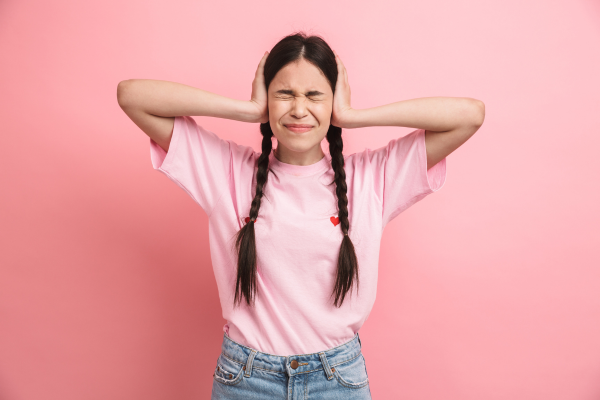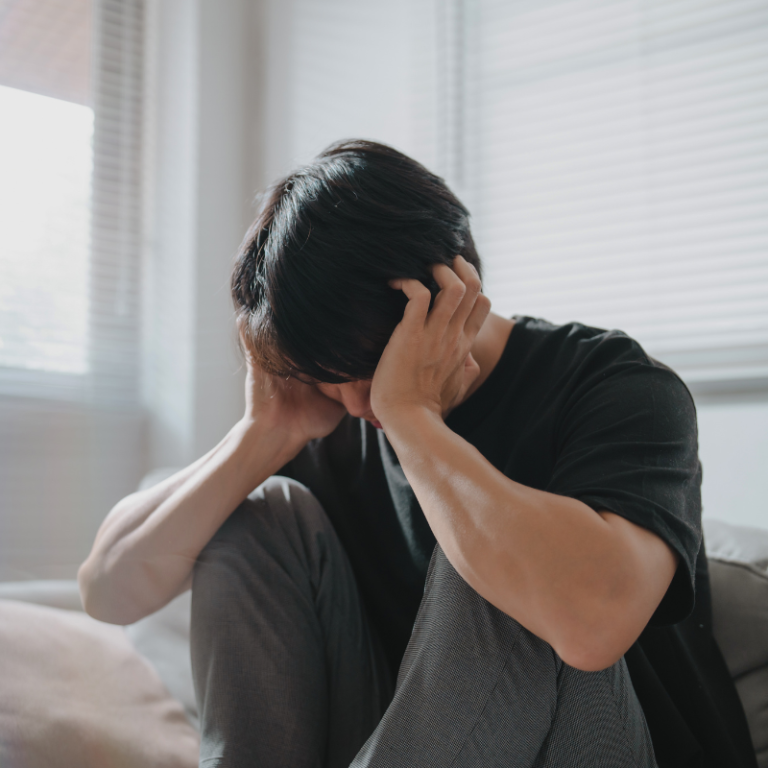What is Misophonia?
Do you get angry whenever you hear someone chewing? Or perhaps the sound of a pen clicking makes you feel anxious or frustrated? If so, you might have misophonia. Misophonia, also known as Selective Sound Sensitivity Syndrome, is a condition in which certain sounds trigger emotional or physiological responses that some might perceive as unreasonable given the circumstance. There are different types of misophonia which you can learn more about in our Sound Sensitivity guide.




